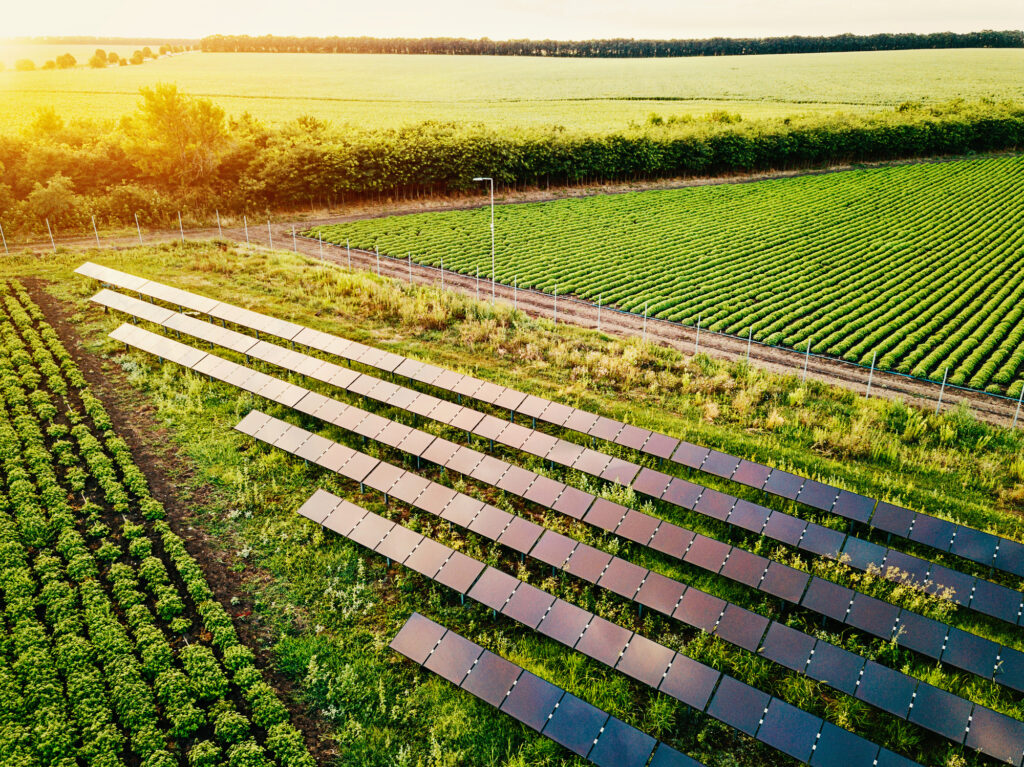Renewable Energy Innovations Highlighted at Annual Farm Show
The recent annual farm show showcased a range of renewable energy solutions tailored for the agricultural sector. The event, which took place from October 2-4, drew significant attention to sustainable practices and technologies designed to reduce carbon footprints and enhance energy efficiency on farms.
Focus on Solar and Wind Energy
Among the primary exhibits were solar and wind energy systems. These technologies have seen increasing adoption among farmers looking to cut energy costs and lessen their environmental impact. Several companies demonstrated advanced solar panels and small-scale wind turbines specifically engineered for agricultural applications.
Benefits of Renewable Energy for Farmers
Renewable energy sources offer farmers multiple advantages, including lower utility bills and increased energy independence. The integration of solar panels and wind turbines can significantly reduce reliance on traditional fossil fuels, which are subject to market fluctuations. Additionally, these technologies contribute to a more sustainable farming operation by decreasing greenhouse gas emissions.
Innovative Energy Storage Solutions
The show also featured cutting-edge energy storage systems. These solutions are crucial for managing the variable nature of renewable energy sources. Modern batteries and other storage technologies allow farmers to store excess energy generated during peak production times and use it when needed, ensuring a consistent energy supply.
Government Support and Incentives
Government policies and incentives continue to play a pivotal role in the adoption of renewable energy in agriculture. Various programs offer financial support and tax incentives to farmers who invest in sustainable technologies. These initiatives aim to promote the transition to a greener agricultural industry, fostering long-term environmental and economic benefits.
Educational Workshops and Demonstrations
The farm show included numerous educational workshops and live demonstrations to help farmers understand the benefits and implementation processes of renewable energy systems. Experts provided insights into the latest advancements and practical tips for integrating these technologies into existing farm operations.
For more information on renewable energy solutions in agriculture, visit Farm Progress.
Original Story at news.google.com
